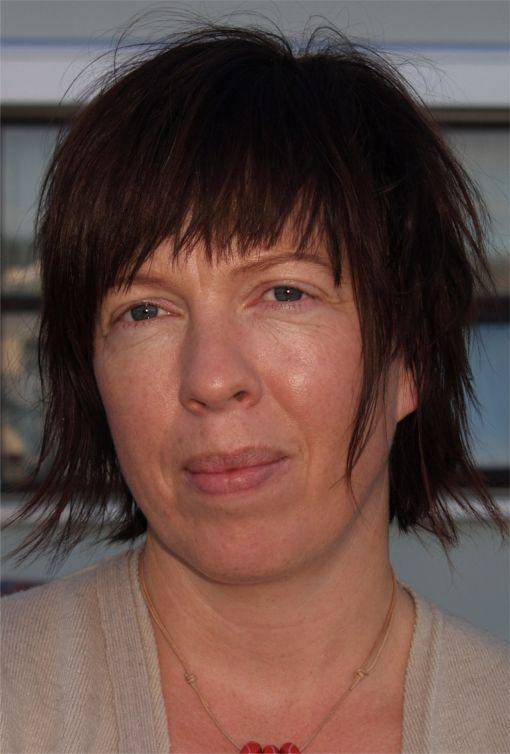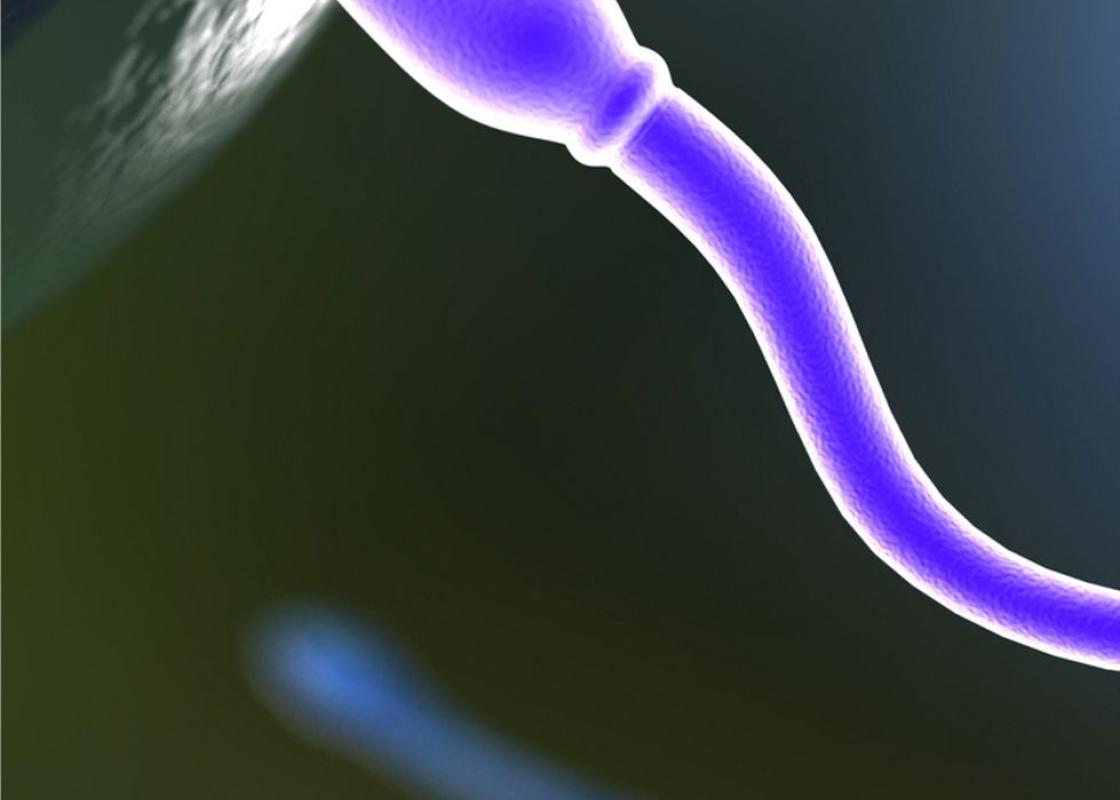
In November 2003, Norway passed a new law "Lov om humanmedisinsk bruk av bioteknologi" (Law on the use of biotechnology in human medicine). – One question that arose in the debate was about the donation of eggs, and to what extent it should be legal and publicly available through the health service in Norway, Spilker explains. She is a social anthropologist working on her doctoral thesis on parenthood in the age of genetics.
In her doctoral project she has analysed political debates and documents from Norway’s parliament. She has also interviewed women and men who, in various ways, are affected by the debate on parenthood, and egg- and sperm donation; and she has interviewed experts in this field, from natural sciences, the humanities and social sciences. – I want to explore a variety of arenas to find out what is happening in discussions about parenthood in the age of bio- and gene technology, says Spilker.
A question of equality or motherhood?
Egg donation is illegal in Norway.
– The Norwegian Labour Party is the only party in Norway that voted for egg donation to be made available through the public health service, Spilker explains. – The Norwegian Christian Democratic Party was the party that had the strongest objections.
– The Norwegian Labour Party argues for equality. In their opinion, men married to infertile women should have the same possibility of becoming biological fathers as women married to infertile men. Additionally, they were concerned that Norwegian welfare schemes should ensure that social differences do not arise based on who can afford to purchase health care abroad. Their approach to these problems is on a practical and technical level.
This was an approach and a reasoning that the parliamentary majority did not share. The following quote from Christian Democrat member of parliament, Åse Gunhild Woie Duesund, illustrates the contrasts:
“The majority considerd the strong bond between mother and child – and the unfavourable situation of having both a uterus mother and a genetic mother. Previously, the biological mother has been one and the same. However, techniques for a new concept of motherhood now exist.”
– The technology for a new concept of motherhood does exist, asserts Spilker. – And this challenges our understanding of parenthood. The relationship between motherhood and fatherhood is described historically in the expression: “Who’s the mother is a fact, who’s the father is at question”. Who the biological father is has been potentially an open question, while it has been simple to assert the identify of the mother. However, reproduction technology now opens for the opposite, namely that the father’s identity, through DNA testing, can be decided with 99.99 per cent certainty, while egg donation and surrogate motherhood makes a clear definition of motherhood difficult, Kristin Spilker points out.
– Egg donation makes the expression “biological motherhood” less clear, for who is to be counted as the biological mother? She who donates the egg, or she who carries the fetus for nine months and gives birth to it? When the child has a genetic mother, she who donates the egg, and in addition a mother who brings the child into the world , then the biological, that is of body and nature, is divided into two. In this way disorder is created in our categories, and egg donation is threatening, symbolically, in a way that sperm donation is not, says Spilker.
Putting motherhood on a pedestal
A Christian Democrat member of Parliament used this logic to argue that sperm donation should be legal but egg donation prohibited: “Not everything should be made equal. Bearing and giving birth to a child has always been a woman’s job, and it should remain so. There has never been any doubt about who the biological mother was, while the identity of the father has never been known with the same degree of certainty – sometimes not known at all. Therefore, sperm donation is quite different.”
– The arguments against egg donation are about biology: about whether bonds between mother and child are challenged by genetics. Secondly, they are about tradition; the biological mother has always been easy to identify, while there has been more uncertainty regarding the biological father, Spilker points out.
She links this argumentation to conceptions of parenthood and family. – The traditional understanding of parenthood and family is challenged by both social and technological change. Therefore, many people think it important that motherhood at least remains unchanged. We see this in other contexts too. The belief that the mother always knows best for her children is still powerful. If a mother gives her children up, leaves them or entrusts them to others, then people believe there is something “strange” about her. In Norwegian, the expression “stemoderlig behandlet” which literally translates as “stepmotherly treatment” actually means unfair or unjust treatment, points out Spilker.

It is not, however, only the opponents’ arguments that Spilker is challenging. She also examines the argument for equality: What do the supporters of egg donation mean by equality? Do they mean equality between male and female individuals, or between bodily substances: between eggs and sperm? – In the arguments it is men and women that are the focus, something that implies that the starting point is the heterosexual pair and their equality, Spilker points out.
In her opinion conceptions of reproduction are not only connected with family and kin, but also to the sexual. – One of the men I have interviewed was himself previously a sperm donor. I asked him what his reaction would be if him and his partner could not have a child together, and whether he would choose donation. His answer was that he would probably prefer to adopt. With adoption neither one of the couple would be the child’s biological parent, while using a sperm donor would make him feel like a cuckold, like a scorned husband, Spilker says. – This illustrates that sexuality is never far away when reproduction is the subject for discussion.
Sperm donation is fine – but not anonymously
While egg donation is not legal in Norway, sperm donation is, but no longer anonymously. In her PhD project Kristin Spilker is also examining two other changes in Norwegian legislation relating to parenthood: The repeal of anonymous sperm donation in 2004, and the legislation in 2002 that gave increased rights to DNA testing to determine the biological father. Previously, children had unlimited rights to bring cases of paternity to court, but there were limitations on the same rights for other parties. The new legislation in 2002 removed the limitations. Now, in addition to the child, also the mother, the legal father and a third party who believes himself to be the father of a child can raise a case to contest or confirm paternity of a child.
– Previously, Norwegian politicians have emphasized the need for maintaining the security of a family structure . There were therefore limitations on finding out more about a child’s biological origin and paternity. Now, however, it is the need for knowing one’s true biological origin that is stressed, Spilker says. This argument was emphasized when anonymity of the sperm donor was abolished, and when the right to demand DNA testing was widened.
Biology and the child’s best interests
The biological side is now the focus. – And the mantra in the debate is, “the best interests of the child”, points out Spilker. – Whether the topic is the anonymous donation of sperm, DNA testing, egg donation or adoption, this is the one thing that everyone emphasizes. Everyone wants to be seen to be doing what they feel is best for the child. Once this is established it is often felt that further argumentation is unnecessary.
Today, there is universal agreement that “the child’s best interests” means their right to know who their biological father is. – My next question is why is this right so important for the child, says Spilker. – And when you study how those I have interviewed and the texts I have analysed express themselves on this topic you see that knowledge of one’s biological origin is connected with identity – to the desire to know who you are. This is something I see as a biologizing of identity, Spilker says.
–This biologizing can be connected with the notion that science can now map out the whole person, genetically. There is currently a great deal of writing about genes in the media. The philosopher Lars Svendsen claims that biology has replaced physics as the “master science”, and that in our time it is seen as challenging both philosophy and theology, Spilker says.
– Some people think they can explain both alcoholism and infidelity genetically. Such a sense of genetics as science influences both our values and our comprehension of kinship. I believe also that our sense of kinship influences notions and conceptions of bio- and gene technology – and that it is important to keep this in mind.
Family Accounts
When Spilker asks her informants about what parenthood means in their lives, the answers she receives are not clearly characterised by biological reasoning. – I’m not so sure that we see the same biologizing here, since social relations are emphasized. However, people are interested in sorting out their comprehension of this topic, and they talk of a social father and a biological father. Employing a biological argument can contribute to a clarification; it can create order in family and kin. Anonymous sperm donation leaves loose ends in a family’s accounts, and the same will definitely be true of egg donation, points out Kristin Spilker.
Translated by Matthew Whiting KILDEN
